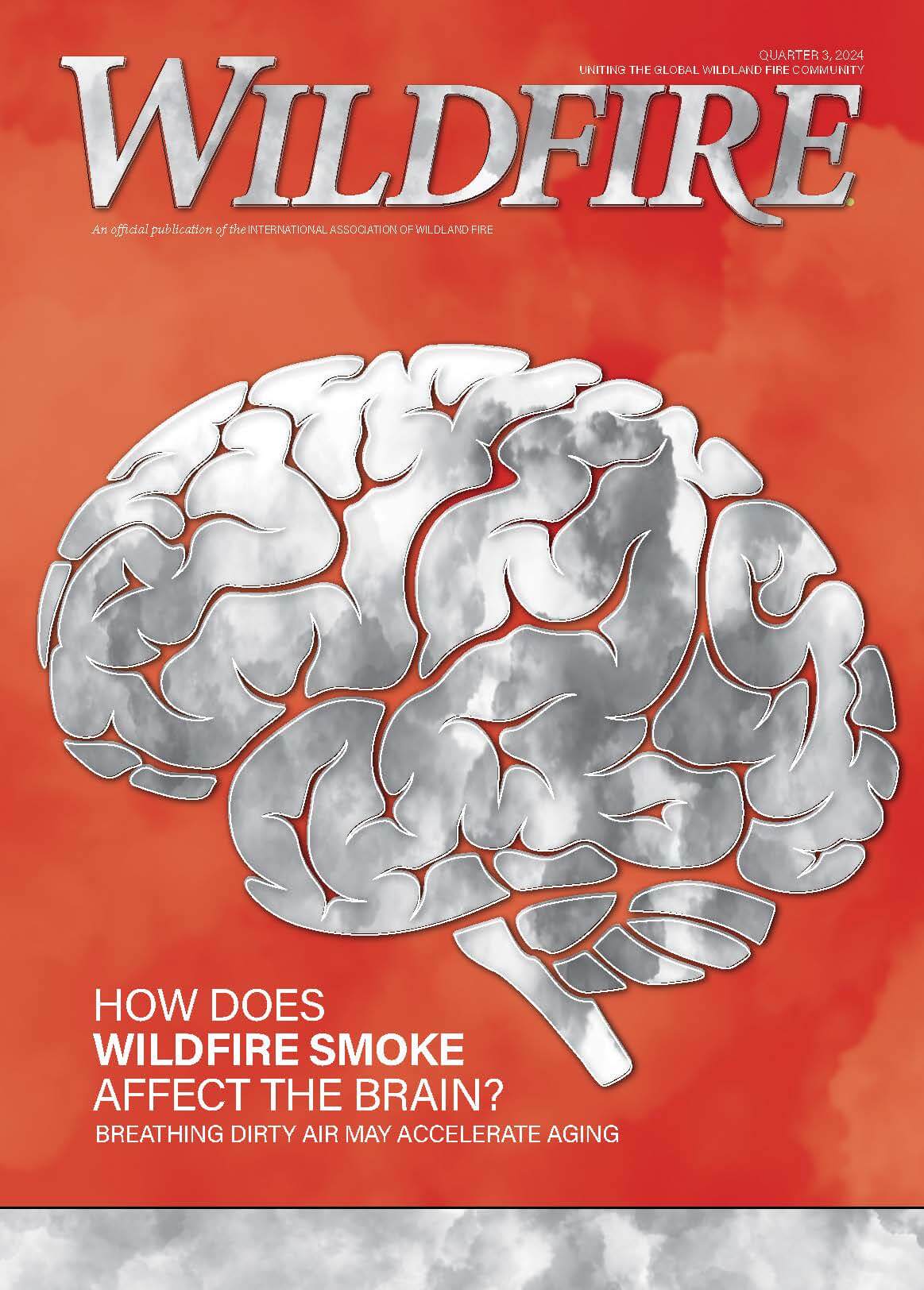7th International Fire Behavior & Fuels Conference
FUEL, FIRE AND SMOKE: EVOLVING TO MEET OUR CLIMATE CHALLENGE
CANBERRA, AUSTRALIA
BY TREVOR HOWARD
The 7th International Fire Behaviour and Fuels Conference to be presented by the IAWF in Canberra from 15-19 April is just around the corner, and what better place to explore the conference theme, Fuel, fire and smoke: evolving to meet our climate challenge?
Indigenous people were the first stewards of that country which they managed sustainably for thousands of years by judiciously applying fire. In more recent times, fire science has flourished in Canberra since the pioneering work on fire behavior by the late Alan McArthur and others. Bushfires have also left their mark on the city, community and country with losses and lessons from 2002 still relevant and talked about today. The Canberra conference provides an opportunity to reflect on the past, share new knowledge and insights, and envision a better future.
The event will bring together an impressive lineup of keynote speakers covering fire and climate change, wildlife ecology and conservation, and the management of forests and rangelands.
Keynote speakers: Dr. Dean Yibarbuk, a senior traditional owner from northern Australia, sharing experience and wisdom from places where Indigenous and western knowledge are coming together in managing country, maintaining culture and language, and supporting communities and livelihoods through the carbon economy.
Dr. Dan Pronk, a veteran medical doctor with a military special operations background, who will provide valuable insights into improving firefighter wellbeing and resilience to better prepare fire practitioners and managers for thriving in a more complex, dynamic, and challenging environment.
A live stream from the Boise, Idaho, Fire Behavior and Fuels location with the U.S. Fire Administrator Dr. Lori Moore-Merrell, who has 37 years’ experience in fire and emergencies and public administration, and career highlights including 26 years as a senior executive of the International Association of Fire Fighters and serving as a doctor of public health on the Biden-Harris transition team conducting an agency review as part of its COVID-19 response planning.
The conference program offers delegates access to a wealth of research from a diverse pool of authors. Program categories include: innovation; national fire systems; fuel characterization; fuels and fire behaviour; operations and management; risk modelling; weather and climate; emerging technologies; cultural perspectives and human dimensions.
Poster sessions in the exhibition area will give delegates and presenters opportunities to network and discuss research and the day’s sessions. The exhibition will also showcase products and services of particular interest to the wildland fire community.
Optional pre-conference workshops held on the Monday will include ember modelling and impacts, and fire weather intelligence for the future, while field trips on the Friday will take participants on a journey involving laboratory demonstrations or prescribed burning for conservation and bushfire mitigation in the landscapes of the Australian Capital Territory.
This IAWF conference in Canberra is about people and places. The Realm Hotel is an outstanding venue within the Parliamentary Triangle; the area is a place of history and proximity to the landmarks and heritage of the national government. Rather than a sit-down dinner, the main social function will be cocktails at the National Press Club, a venue with a rich history of connecting people with eminent speakers including visiting heads of state and other international figures, leaders in religion, literature, science, innovation, and industry, as well as Australian prime minsters throughout the decades. The organizing committee encourages you to secure your place soon at this rare gathering of the wildland fire community in Australia, as places are limited! To register, visit canberra. firebehaviorandfuelsconference.com/.
SPEAKERS
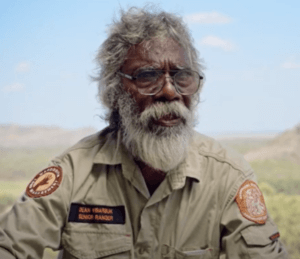
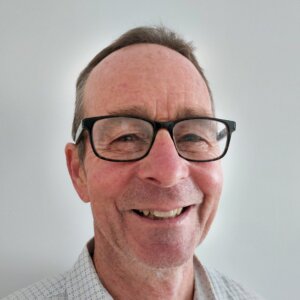
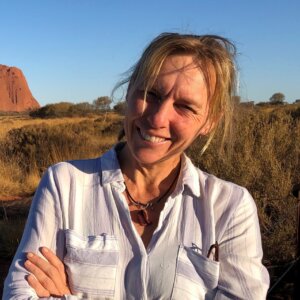
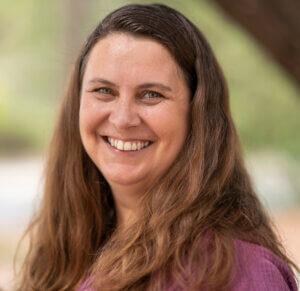
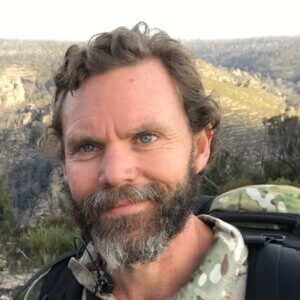
FIELD TRIPS
CSIRO NATIONAL BUSHFIRE BEHAVIOUR RESEARCH LABORATORY TOUR AND DEMONSTRATION BURN
The CSIRO National Bushfire Behaviour Research Laboratory is home to its Pyrotron and its 11 metre-tall vertical wind tunnel.
PRESCRIBED BURNING TOUR OF THE ACT, PRESENTED BY ACT PARKS AND CONSERVATION SERVICE
8AM – 3PM (Full day field trip)
BOISE, IDAHO, UNITED STATES
BY DAVID SHEW
The 7th International Fire Behavior and Fuels Conference in Boise will be held at the Boise Convention Centre in the city center. Boise was a natural selection for the U.S. location, with many wildland fire agencies and organizations located there.
The conference kicks off Monday, April 15, with three workshops at the Boise Centre and one off-site at the Wildland Firefighter Foundation: Gathering user input for long-term fire weather outlooks; Challenges and opportunities for wildland fire workforce reforms; Communicating the shift in wildland firefighting: Reframing our communication practices to match the effective wildland fire management; and Proactive near real-time data science for avoiding climate- disasters – the linking of fire-fuels-human behavior for actionable, proactive outcomes.
Monday evening we will welcome U.S. Fire Administrator Dr. Lori Moore-Merrell as our first keynote speaker. Dr. Lori’s presentation will be streamed to Australia.
Other keynote speakers include: Dr. Mark Parrington, senior scientist in the Copernicus Atmosphere Monitoring Service Development Section, European Centre for Medium-Range Weather Forecasts, and Dr. Joseph Wilkins, assistant professor, Department of Atmospheric Science, Howard University, who will present in Tralee and stream to Boise.
Dr. Dean Yibarbuk, a senior traditional owner from northern Australia, will share experience and wisdom from places where Indigenous and western knowledge are coming together; he will join us live from Australia.
Dr. Mark Finney, research forester, Missoula Fire Sciences Laboratory will give us a hard core fire behavior and fuels talk, a must for this conference.
On Thursday, April 18, the panel on the 2023 Canadian wildfire season will include Ellen Whitman, forest fire research scientist, Natural Resources Canada, Northern Forestry Centre; Piyush Jain, research scientist, Natural Resources Canada, Northern Forestry Centre; and James Whitehead, Engagement Analyst, Simon Fraser University, Centre for Dialogue – Mitigating Wildfire Initiative
Tuesday, April 16, and Thursday, April 18, the program is packed with more than 165 presentations on topics such as fuels and technology, technologies and approaches, operations and management, extreme fire behavior, smoke, weather and climate, cultural perspectives, and risk/human dimension. In addition, our poster session with more than 45 presentations.
On Wednesday, April 17, we will host six field trip options and three additional workshops: Development and availability of spatial burn severity data through the USGS/USFS Burn Severity Portal; Decolonial community-led forest fire research methodology; and The interagency ecosystem lidar monitoring program (IntELiMon): Working with managers to improve fuels, ecology and forestry monitoring using lidar.
We will offer many opportunities for student guests, including a mentoring program, a career resources workshop, a career fair, and tons of other fun activities.
Giving back through community service, volunteer work, and philanthropy has a positive impact on individuals and the community as a whole. The IAWF has partnered with the Ronald McDonald House in Boise to give back to our host city. Guests can donate online before the conference or bring items on the organization’s wish list.
The exhibit hall will be the centerpiece for networking and will be bustling with booths, the sponsor showcase stage, the poster presentations – and the always anticipated chair massages!
SPEAKERS
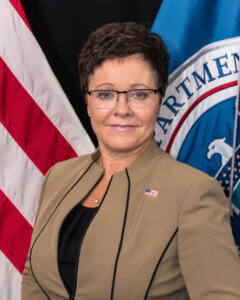
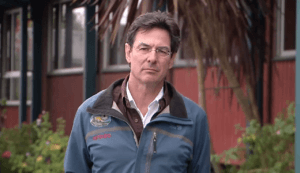
FIELD TRIPS
NATIONAL INTERAGENCY FIRE CENTER
The nation’s federal wildland fire community is a large and complex organization. The National Interagency Fire Center, or NIFC, is home to the national fire management programs of each federal fire agency located here – the Department of the Interior’s Bureau of Indian Affairs, Bureau of Land Management, National Park Service, and U.S. Fish and Wildlife Service along with the U.S. Department of Agriculture’s Forest Service. Additional partners include the National Association of State Foresters, the U.S. Fire Administration, the National Oceanic and Atmospheric Association’s National Weather Service, and the Department of Defense. Working together, these partners provide leadership, policy oversight and coordination to manage the nation’s wildland fire programs.
The 55-acre NIFC campus encompasses many different wildland fire management activities, including firefighting equipment refurbishment, aircraft ramp operations, aircraft retardant tanker operations, information technology, training and development, logistics, as well as administrative functions serving the wildland fire management mission and other all hazard management.
The tour will include a walk around campus and stop at the following: the National Interagency Coordination Center (NICC), the National Interagency Incident Communications Division (NIICD), the Remote Sensing Fire Weather Support Unit (RAWS – Remote Automatic Weather Stations), the Great Basin Cache, the Great Basin Smokejumper Base, and end at the Wildland Firefighters Monument.
IDAHO FIREWISE GARDEN
Idaho Firewise staff will discuss the home ignition zone concept and how to create survivable space that reduces the risk of wildfire damage to the home. Staff will cover the principles of flammable materials reduction, water conservation and maintenance techniques, and how to create Firewise landscape zones. Plants to avoid will be discussed as well as those that are more fire resistant and where to use them. Many of these plants are native to the Intermountain West and appropriate for low water use gardens.
The Warm Springs Mesa project in Boisie encompasses 7.4 acres within a privately owned and maintained parcel within the Warm Springs Mesa Neighborhood Association. In 2016 the Table Rock wildfire burned more than 2,000 acres adjacent to the neighborhood and sparked discussions on wildfire mitigation, fire hardening landscapes, reducing hazardous fuels, and restoring open spaces for fire resiliency. The field trip will allow for active discussions on the challenges encountered for the implementation of wildfire mitigation projects within the WUI environment and includes a walking tour of the project and multiple stops for discussions and observations.
TRALEE, CO. KERRY, IRELAND
BY CIARAN NUGENT
The 7th International Fire Behavior and Fuels Conference in Ireland will be held at The Rose Hotel in Tralee, Co. Kerry, the largest town in south-west Ireland. Participants will fly into Dublin, and take the scenic train ride south to Tralee, or arrive direct to Kerry Airport from connecting airports in the UK, Spain and Germany. Nearby Cork Airport offers direct connections to Amsterdam, Bristol and a variety of Spanish, UK, Croatian and Portuguese airports.
The conference location right on the shore of the Atlantic Ocean, and surrounded by rugged, fire-prone coastal landscapes, is ideally placed to inspire conversations around fire and fuels management in temperate regions on both sides of the North Atlantic. The conference is intended to provide opportunities for future transatlantic exchange, with keynote speakers selected to address pertinent issues and current challenges affecting the fire community on both sides of the Atlantic.
Monday will begin with workshops: Trans-Atlantic Lesson-Sharing; Forest Fires affecting tourist areas in the Atlantic region; Exploring Wildfire Education through a Puppet Show with Burning Landscape Models; Traditional Fire Use in Atlantic Landscapes; and the emerging issue of wildFire on contaminated lands and conflict zones.
Throughout the event, keynote speakers will address current challenges and opportunities affecting landscapes and land management around the North Atlantic and Arctic regions, particularly in relation to smoke-emission issues and impacts of fire on Indigenous communities in affected areas. These keynote areas are further echoed throughout the conference programme.
Edward Alexander, co-chair, Gwich’in Council International, will address current fire issues affecting indigenous Arctic communities. Dr. Mark Parrington, senior scientist, Copernicus Atmosphere Monitoring Service Research Department, European Centre for Medium-Range Weather Forecasts and Dr. Joseph L. Wilkins, assistant professor, Howard University, will discuss trans-Atlantic smoke issues and the implications for climate, fire management practice and the future direction of large-scale fire events in North America and their impacts on communities and environments further afield.
The issue of wildfire management in current and former conflict ones has been a long-standing issue in various parts of Europe, for historical reasons, and has recently been brought into greater focus by events in Ukraine. Alexander Held, senior expert at European Forest Institute, will lead a discussion on this issue and highlight current challenges and responses.
Conceicao Colaco, Juliane Baumann, founder of Brandherde, and Jennifer Fawcett, extension associate, North Carolina State University,) will highlight the important role of traditional land management practices, including traditional fire use by local communities on both sides of the Atlantic.
A field visit to surrounding landscapes will showcase typical North Atlantic vegetation, folklore, ecology and fuels management and traditional land management practice that is reliant on fire use in an increasingly challenging regulatory and climatic environment, and a demonstration of existing approaches to emerging wildfire management and suppression challenges by Irish fire authorities and relevant agencies.
Steve Miller, director, fire and aviation management, US Forest Service, eastern region, will help close the event and assist participants in a post-conference review and synthesis of learnings, perceived knowledge gaps for future focus, and potential next steps for development and exchange on both sides of the Atlantic.
The working conference will take place alongside a series of related cultural, artistic and social events aimed at enabling and cementing enduring working relationships between participants.
SPEAKERS
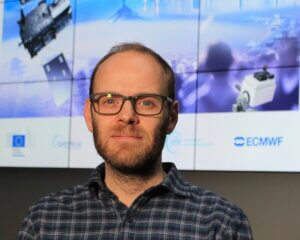
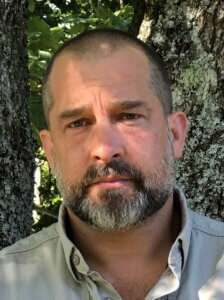
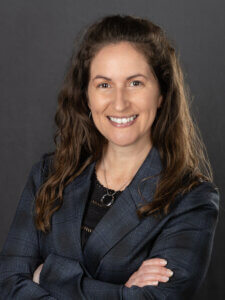
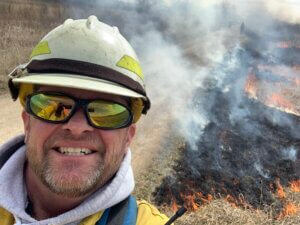
Steve Miller, director, fire and aviation management, US Forest Service, eastern region, will help close the Tralee conference and help participants in a post-conference review and synthesis of learnings, perceived knowledge gaps for future focus, and potential next steps for development and exchange on both sides of the Atlantic.
FIELD TRIP
A visit to surrounding landscapes will showcase typical North Atlantic vegetation, folklore, ecology and fuels management and traditional land-management practice that is reliant on fire use in an increasingly challenging regulatory and climatic environment, and a demonstration of existing approaches to emerging wildfire management and suppression challenges by Irish fire authorities and relevant agencies.
